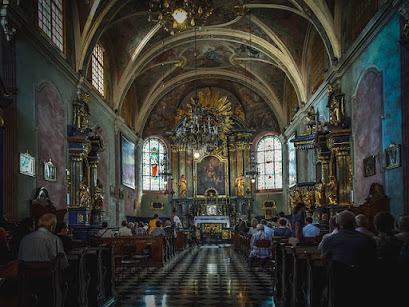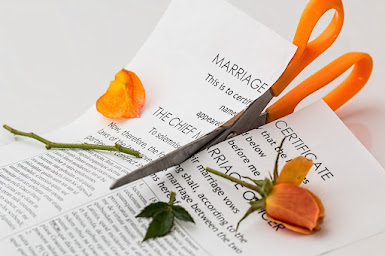Is Liturgy Scriptural?
Introduction
If you’ve ever been to a
denominational service, you’ve probably heard the preacher say something and
then the congregation respond. This is what is known as liturgy. But is it a
scriptural form of worship?
What is Liturgy?
The 1913 Webster’s
dictionary gives this definition—An established formula
for public worship, or the entire ritual for public worship in a church which
uses prescribed forms; a formulary for public prayer or worship or devotion. In
the Roman Catholic Church, it includes all forms and services in any language,
in any part of the world for the celebration of Mass.
Growing
up in the denominations, I was very aware of this type of worship. There was a
portion that was spoken by both the pastor (preacher) and the congregation in
response. There was also a portion in which the congregation sang a response.
One
of the most notable memories I have is singing the words to Psalm 51:10-12, in
regards to asking God to forgive us of our sins and not hide Himself from us.
Although I recommend reading Psalms for practice on how to form your own
prayers, this particular Psalm was written by David after he committed sin with
Bathsheba. To have the entire congregation recite it is absurd because it was
strictly David’s sin and not anyone else’s. It was his prayer alone.
Examples
of liturgy in Scripture
One
of the common liturgical phrases heard in denominational worship is when the
pastor says, “The Lord be with you” and then the congregation responds, “and
also with you”. This is technically a salutation when someone is going on a
journey or if you simply want to wish ‘glad tidings’ on someone.
The first time the
phrase is seen is in Judges 18:5-6 when men inquire of Micah the priest, So
they said to him, "Please inquire of God, that we may know whether the
journey on which we go will be prosperous." And the priest said to them,
"Go in peace. The presence of the LORD be with you on your way." Another time the phrase is used, and a
response is given, is found in Ruth 2:4, Now behold, Boaz came from Bethlehem,
and said to the reapers, "The LORD be with you!" And they answered
him, "The LORD bless you!" A
final example given is in the conclusion of the second letter to the
Thessalonians; Now may the Lord of peace Himself give
you peace always in every way. The Lord be with you all. (2 Thessalonians 3:16)
Warnings
for Today
As
you may have surmised, liturgy is an invention of men and it is a dangerous
habit to fall into. The problem with the use of liturgy is that people rely on
it too much that it becomes meaningless in the long run. The reciting of what
people call, The Lord’s Prayer (Mt. 6:9-13) has become liturgy as people don’t
really pay attention to the words they are saying. They’ve quoted it so many
times that it gives them a sense of false comfort. This ISN’T the Lord’s Prayer
but rather the Model Prayer as Jesus himself says at the beginning of verse 9, “In
this manner, therefore, pray…”
He says pray something like this, not repeat like a mantra or magic spell.
Other
things that have become liturgy are the Apostle’s Creed and the Nicene Creed; neither
are found in scripture. They are recited verbatim in worship as part of the
service. You won’t ever find any of the disciples saying such things.
Sometimes
something as simple, as “Good morning” can lead one into a form of liturgy. How
so? I’ve heard in some assemblies a preacher, or member of the congregation say,
“Good morning” with the expectation of the group replying in kind. Not that that’s
a bad thing, but when the person says something like, “Oh, you can do better
than that. Good morning!” In return, one hopes the group replies with more
enthusiasm. This can then lead to liturgy as it will become a regular thing.
Then after a few weeks, another line will be added to which a certain response
is required. By the time two or three months go by, you’ll find yourself involved
in a liturgical process that wasn’t there previously. Things like that creep in
unsuspectingly if you don’t watch yourself (Acts 20:29-30).
Conclusion
As we have been
looking at over the past several weeks, the worship service has its basic acts
that can be found in, and supported by, scripture. Liturgy is not one of them
but rather a device, created by men, to control the direction of the service (Mt.
15:9). We would do well to serve God better by doing away with such staunch and
repetitive phrases. As Jesus said in John 4:24, “God is
Spirit, and those who worship Him must worship in spirit and truth."





Comments
Post a Comment